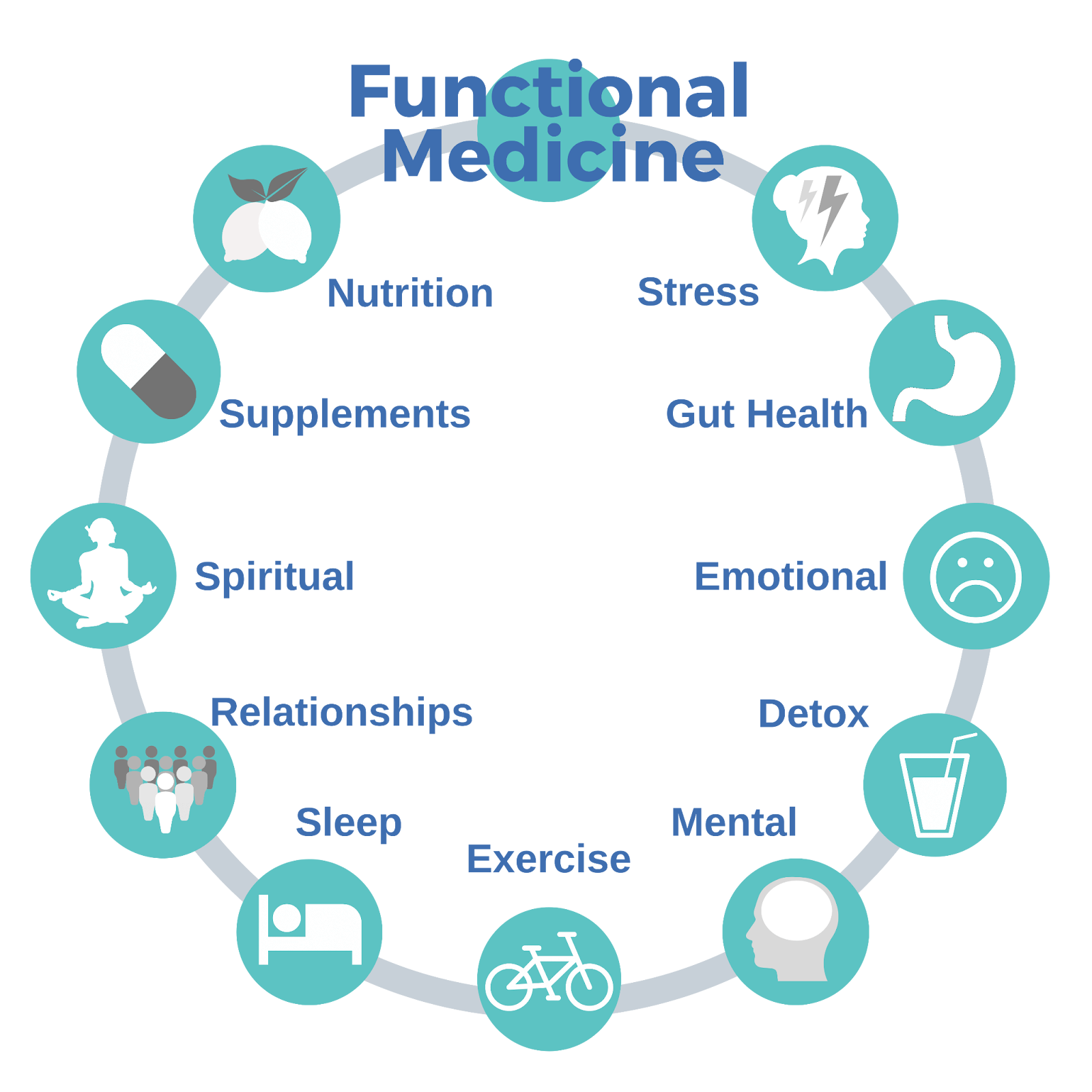Discover Your Perfect Healer Today!
Our online practitioner directory connects you with a wide range of healers to suit your unique needs.
Easily search and find the right professional to support your wellness journey.
Start exploring today to find your perfect match.
Modality
Disease
Books
Products
Events
Training
Blogs
Functional Medicine
Explore the Difference Between Holistic and Functional Medicine
In the last few years, alternative healthcare models have become popular. Holistic medicine and functional medicine are two such models that keep popping up in ...
Read More → Written by
David Brown
Physical Therapy
Unraveling Physical Therapy: What to Expect
Physical therapy is a key part of the recovery and rehabilitation process as it helps return mobility, decrease pain, and restore function. It is a ...
Read More → Written by
David Brown
Herbal Medicine
Discover the Plants Known for Healing in Herbal Medicine
Herbs have been used for treatment in different cultures across the world for ages. There are various plants with medicinal qualities, but some stand out ...
Read More → Written by
John Smith
Lyme Disease
Antibiotic Therapy for Lyme Disease: Expectations and Outcomes
Explore Our Online Practitioner Directory Now. Antibiotic Therapy for Lyme Disease Expectations and Outcomes Early antibiotic therapy is the most effective treatment in patients with ...
Read More → Written by
James Williams
Ayurveda
Steps to Becoming an Ayurvedic Practitioner: A Comprehensive Guide
The path to becoming an Ayurvedic practitioner is both ancient wisdom and modern education in one. This outline gives clear steps on how to understand ...
Read More → Written by
Michael Johnson





